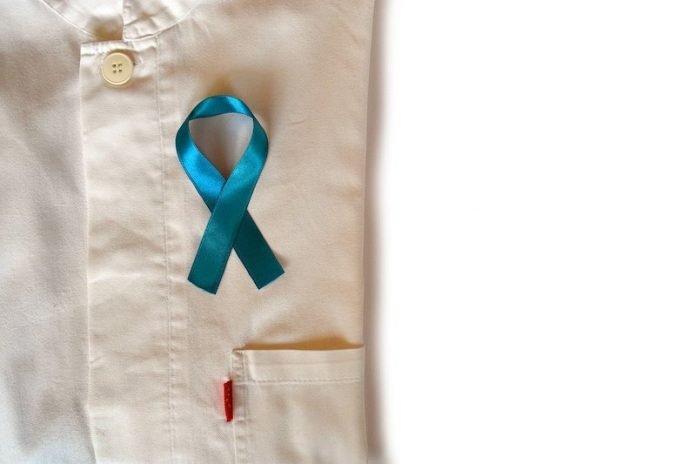
Prostate cancer is the most diagnosed cancer and a leading cause of death by cancer in Australian men.
Early detection is key to successful treatment but men often dodge the doctor, avoiding diagnosis tests until it’s too late.
In a new study from RMIT University, researchers found an artificial intelligence (AI) program could catch the disease earlier, allowing for incidental detection through routine computed tomography (CT) scans.
The tech works by analyzing CT scans for tell-tale signs of prostate cancer, something even a well-trained human eye struggles to do.
CT imaging is not suitable for regular cancer screening because of the high radiation doses involved, but the AI solution could be used to run a cancer check whenever men have their abdomen or pelvis scanned for other issues.
The team says CT scans were great for detecting bone and joint problems but even radiologists struggled to spot prostate cancers on the images.
Prostate cancer is slow growing and is usually detected incidentally, so can go undiagnosed for years. In 2020, it was responsible for an estimated 12% of male cancer deaths in Australia.
In the study, the team examined CT scans of asymptomatic patients, with and without prostate cancer.
The team trained the AI software to look for features of disease in a variety of scans and where exactly to look for them, avoiding the need to manually crop the images.
The AI performed better than radiologists who viewed the same images, detecting cancerous growths in just seconds.
What’s more, the AI improved with each scan, learning and adapting to read images from different machines to spot even the smallest irregularities.
The team says the study demonstrated how AI can and should be used to create public good.
If you care about prostate cancer, please read studies about this common beverage linked to lower prostate cancer risk and findings of this healthy diet may reduce prostate cancer development.
For more information about prostate cancer and your health, please see recent studies about new prostate cancer test could avoid unnecessary biopsies and results about prostate cancer: symptoms, tests, and treatments you need to know.
The study is published in Scientific Reports. One author of the study is Dr. Ruwan Tennakoon.
Copyright © 2021 Knowridge Science Report. All rights reserved.



